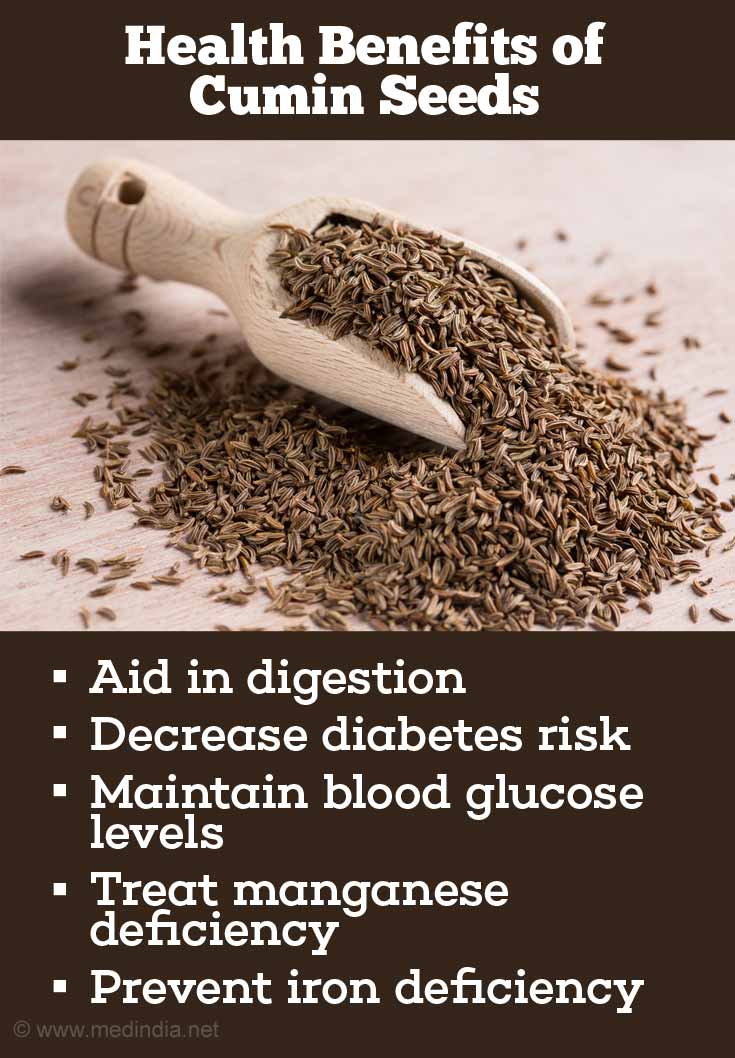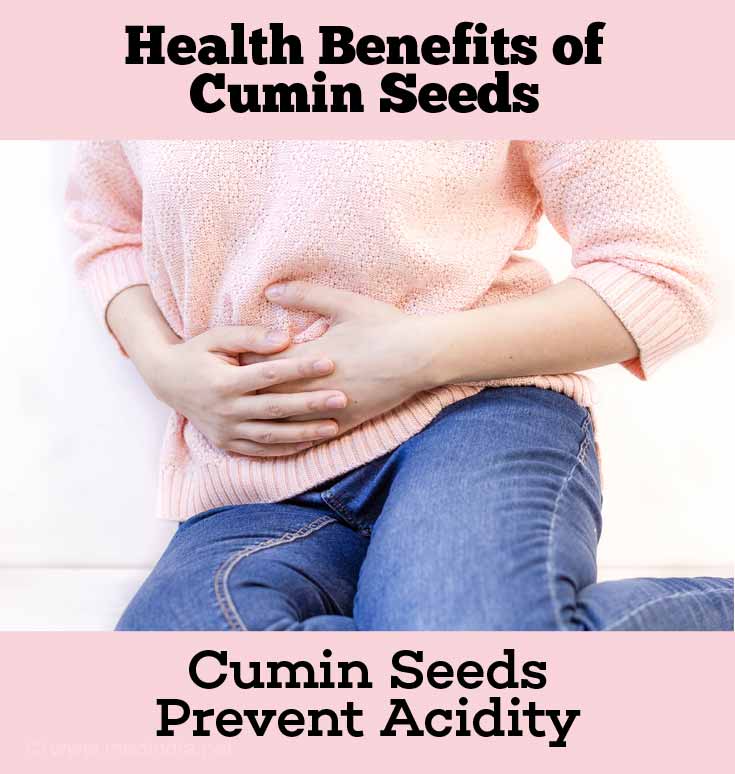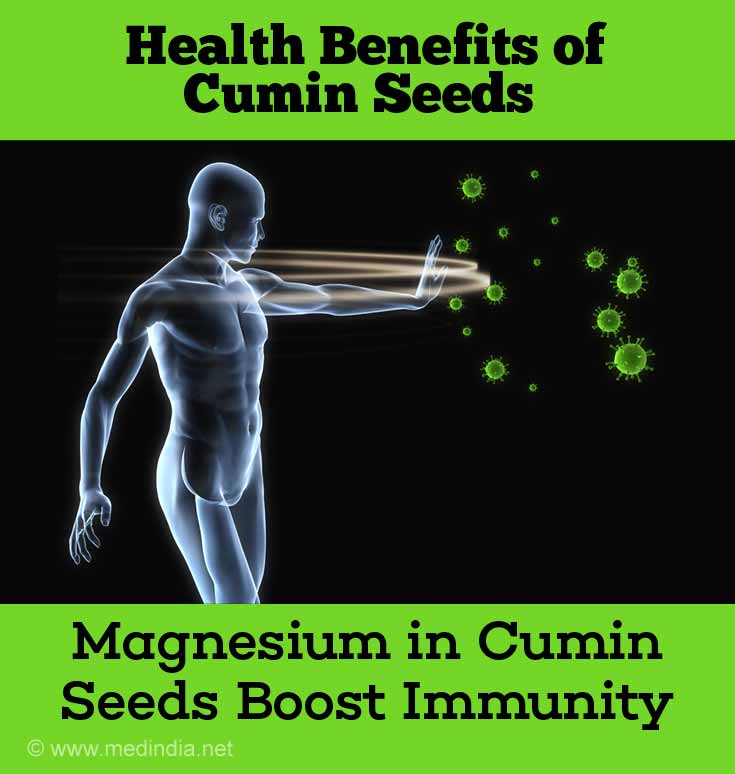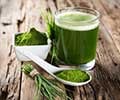- Johri, R. K. "Cuminum Cyminum and Carum Carvi: An Update." Pharmacognosy Reviews 5.9 (2011): 63–72. PMC. Web. 1 July 2015.
- Tariq, Mohammad. "Nigella Sativa Seeds: Folklore Treatment in Modern Day Medicine." Saudi Journal of Gastroenterology : Official Journal of the Saudi Gastroenterology Association 14.3 (2008): 105–106. PMC. Web. 1 July 2015.
- Padhye, Subhash et al. "From Here to Eternity - the Secret of Pharaohs: Therapeutic Potential of Black Cumin Seeds and beyond." Cancer therapy 6.b (2008): 495–510. Print.
What are Cumin Seeds?
Cumin seeds are often associated with Mexican and Spanish cuisine, but the plant that gives us these seeds is actually native to the region stretching from the Mediterranean to India. Not surprisingly, cumin seeds occupy a very important place in the regional cuisine in the Mediterranean, Middle East and India.
In addition to giving us cumin seeds, the cumin plant is also noted for a variety of medicinal properties and it has an important place in traditional medicine. The annual herbaceous plant produces fruits, each of which contains a single seed. The seeds are dried and then used, which closely resemble caraway seeds.

Cumin seeds have a long history of use, with ancient archeological sites in both India and Egypt yielding 4,000-year-old cumin seeds! In the course of millennia, cumin seeds became an indelible part of the regional cuisine and it is still used as a popular condiment or spice in Iran, Greece, most of the Mediterranean and the Indian subcontinent.
The plant was also introduced to the Americas by colonists and is today popular throughout the world. Cumin seeds lend food a distinctive flavor and aroma and it is often used as a blend crushed and powdered along with other spices to make ‘masalas’, as they are called in India. India is, in fact, both the biggest producer and the biggest consumer of cumin seeds in the world.
Health Benefits of Cumin Seeds
While black cumin seeds have the most distinctive and complex taste, you can also use white cumin seeds. In the absence of whole cumin seeds, you can even use ground cumin seeds or cumin powder. Some notable health benefits of cumin seeds include:
- Digestive Aid: The health benefits of cumin for indigestion have long been touted in traditional Indian medicine and more specifically in Ayurveda medicine. Cumin seeds are found in virtually every kitchen in India and it is the norm to chew on them after meals. Till date, most Indian restaurants offer their customers a handful of cumin seeds after meals! Chewing on cumin seeds after your meal helps prevent acidity and diarrhea, as it facilitates improved digestion by stimulating increased bile secretion in the liver.

- Diabetes Protection: Cumin seeds may offer some health benefits to diabetics and to those who are at risk of diabetes. Although more research is needed, some studies suggest that the inclusion of cumin seeds in your diet could help to control and regulate the problem of hypoglycemia. A study published back in 1995 found that cumin was among the plants that display hypoglycemic activity and the research team suggested a possible use in the treatment and prevention of diabetes. Since then, there have been several studies, especially in the past decade, that bolster these findings.
- Rich Source of Magnesium: Cumin seeds are among the best dietary sources of magnesium. Just 100 grams of cumin seeds contains 366mg of magnesium, which is 92 percent of your required dietary intake. Obviously, we don’t ingest cumin as we would most fruits or vegetables and it is used more commonly as a spice. Nevertheless, even a handful of the seeds added to your meal would give you a substantial amount of magnesium. Magnesium is essential for the proper functioning of your nerves, muscles and the immune system and it is also needed for skeletal health and in the maintenance of blood glucose levels.

- Treat Manganese Deficiency: Manganese is another essential mineral that the body needs for various functions including carbohydrate metabolism, calcium absorption and blood glucose regulation. This nutrient is also essential for the healthy growth of connective tissue, bone formation, blood clotting, sex hormones and for brain and nerve function. Manganese deficiency can result in infertility, weakness and bone malformation. To ensure that you get your required dose of manganese, try to include cumin in your diet. 100 grams of cumin seeds contains 3.3 mg of manganese, which is more than 1.5 times your daily required intake.
- Prevent Iron Deficiency: Iron is another essential mineral that we often hear a lot about. Iron deficiencies cause some common problems like anemia and the mineral is absolutely essential for your overall health and wellbeing, as it is an essential component of hemoglobin, the protein that enables the transfer or transport of oxygen. It is also an essential component of myoglobin, which again is a type of protein that supplies your muscles with oxygen that is vital to their functioning. Iron is also necessary for normal cellular growth and development, and for the production and synthesis of certain hormones. If you suffer from iron deficiency, you can simply add cumin seeds to your cooking. 100 grams of cumin seeds contains 66.4 mg of iron which is nearly 4 times more than your required daily intake!
- Disease Protection: Several studies have found that cumin seeds, cumin seed oil and extracts from the seeds contain antihistaminic, antihypertensive, antifungal, anti-neoplastic and anti-inflammatory properties. While this may seem like an exaggeration, there are studies to support all of these claims.
Cumin Seeds Recipe
If you really want to appreciate the taste of cumin however you could try using it to prepare cumin tea:
Ingredients:
- Cumin Seeds – 1 teaspoon
- Lemon – 1/2
- Honey
Preparation:
- Heat a cup of water in a saucepan.
- Once the water comes to a boil, add the cumin seeds and allow it to remain in the water for a few minutes.
- Strain the water as you pour it into a cup.
- Squeeze the juice out of the lemon into the cup and add as much honey as you desire.
- Stir well and drink.






